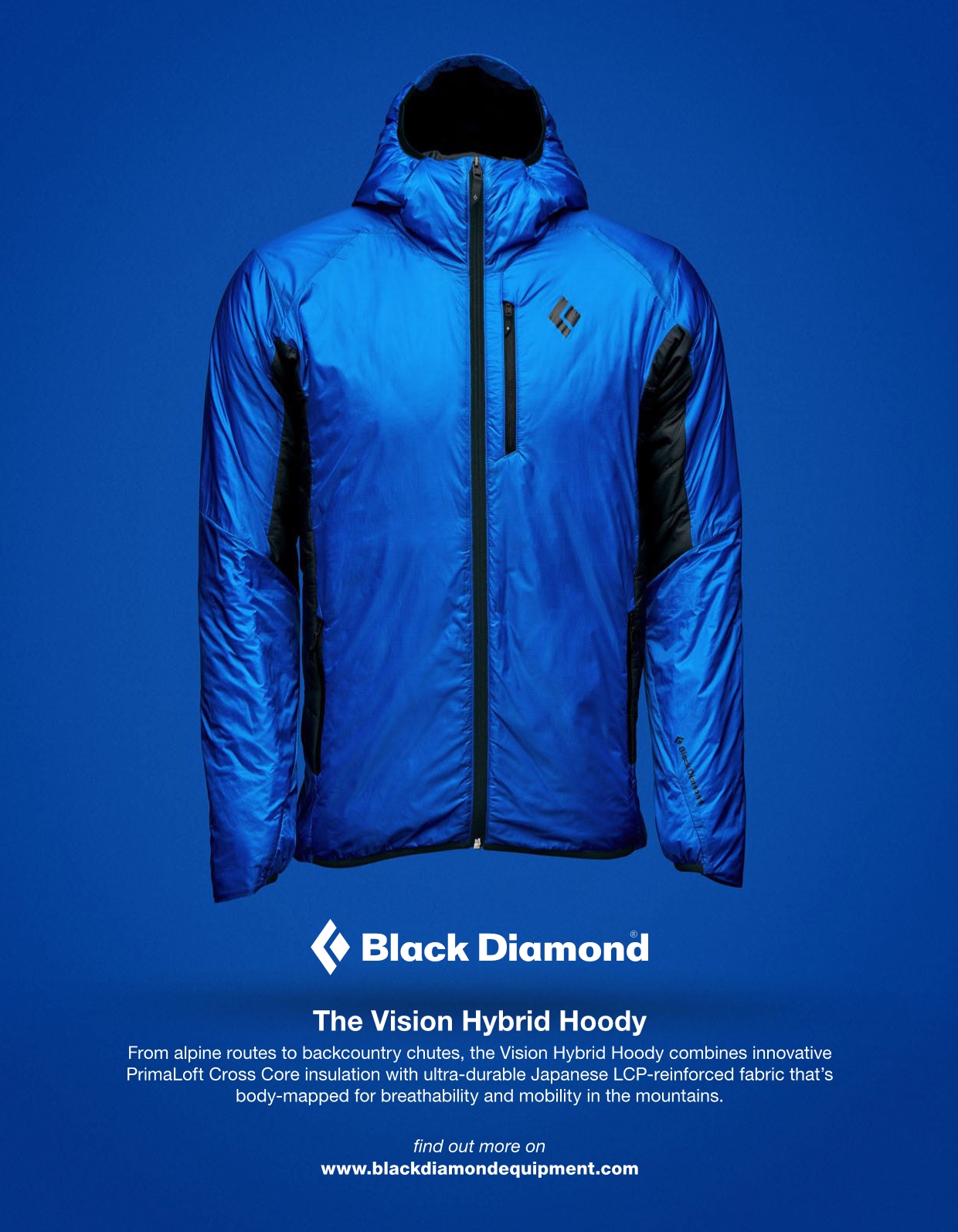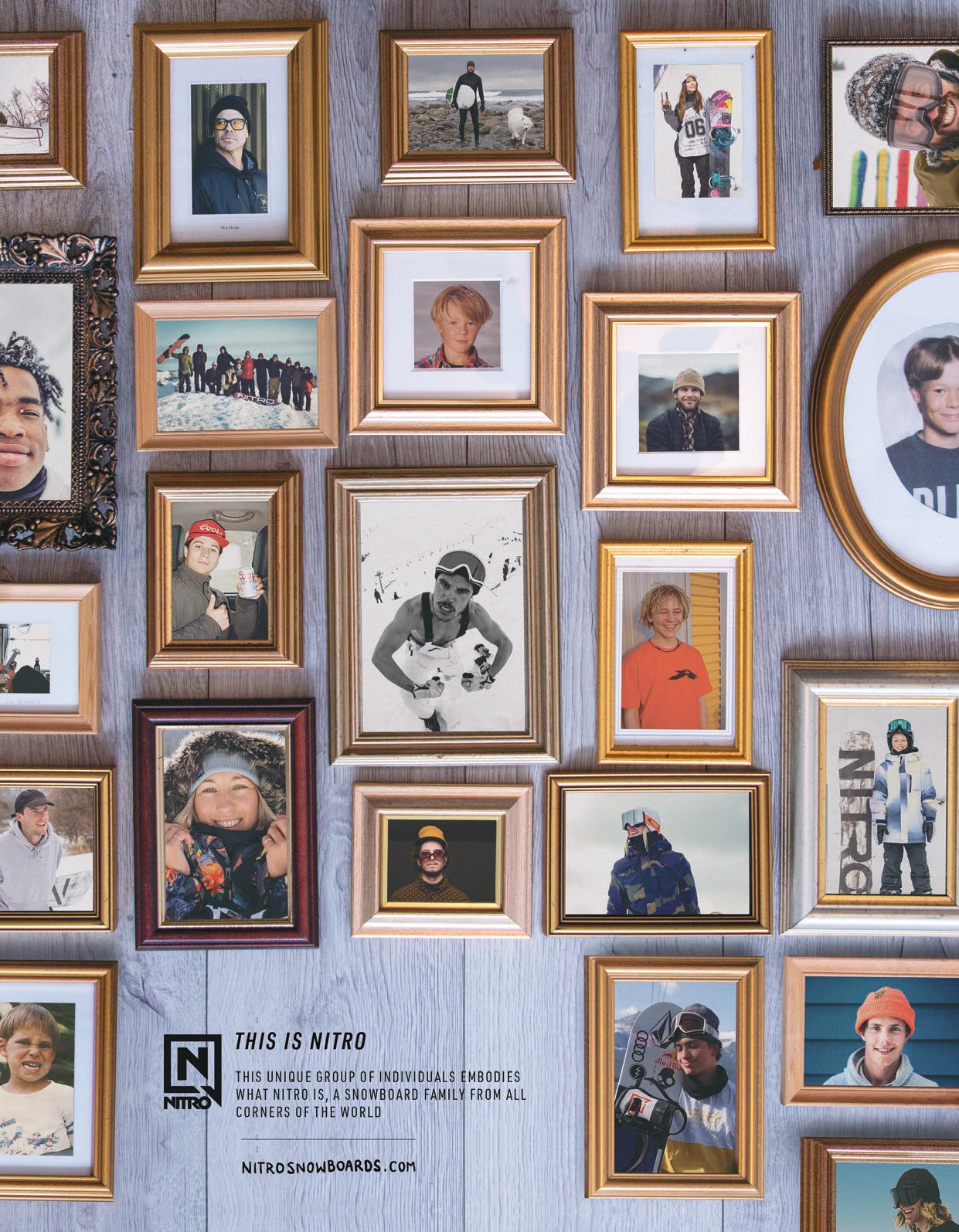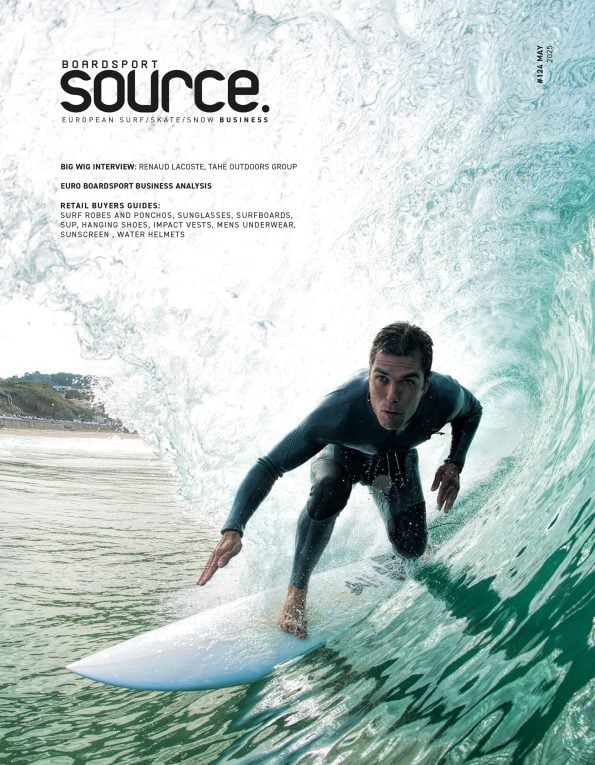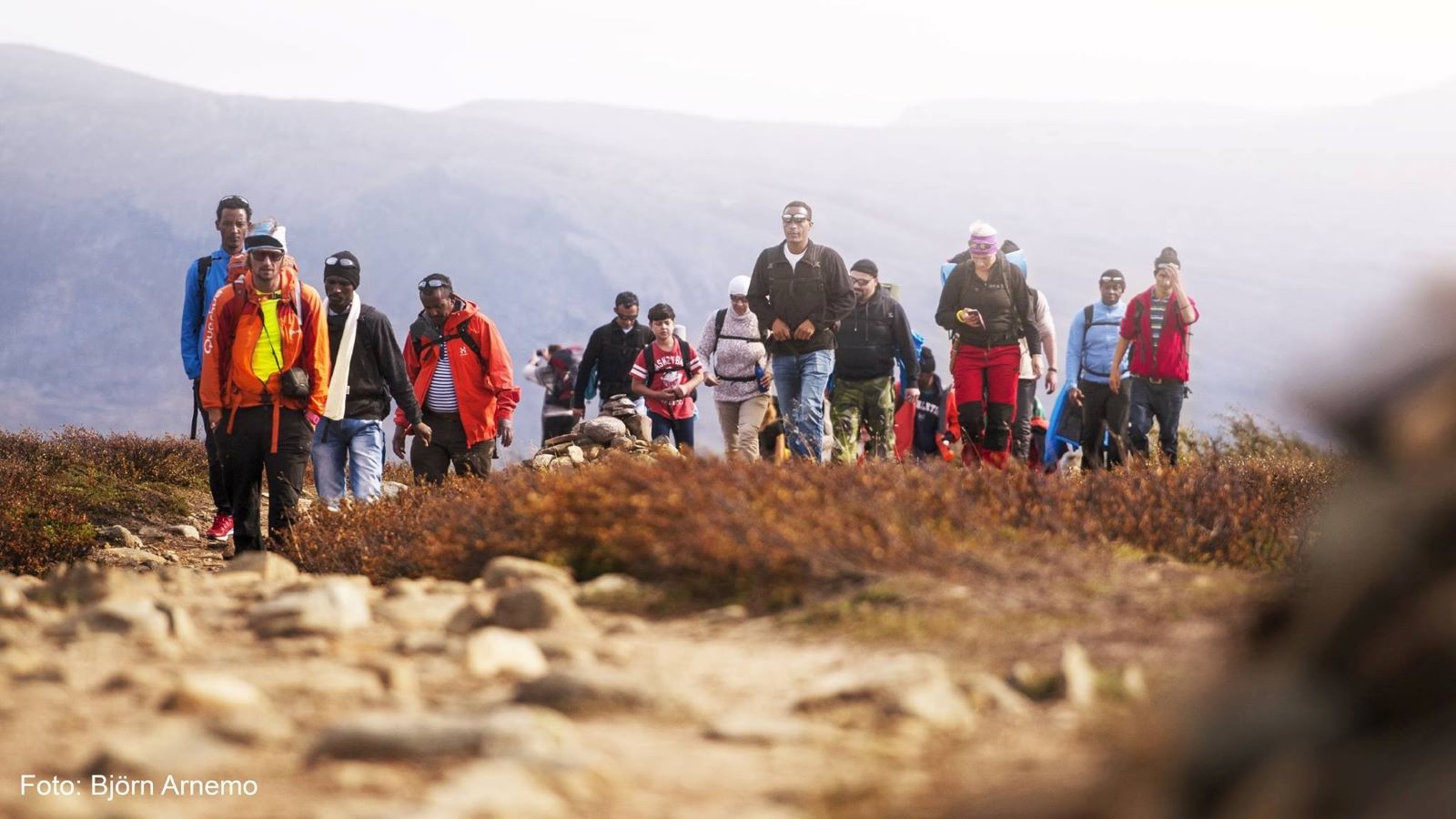
European Outdoor Group On Supporting Businesses In The Drive Towards Sustainability
The pandemic has offered a unique opportunity for the boardsports and outdoor industry to stop and take stock. A pause that has enabled the industry to cast a critical eye over itself and identify what’s good, bad, and needing improvement, which subsequently, has given rise to discussions about the industry can move forward and make itself better. One such discussion aimed at making the industry better surrounds sustainability, a hot topic the world over, in the minds of individuals, industries and governments alike; understandably so, because, after all, protecting the planet and keeping the environment clean affects all of us.
Supporting the discussion and helping businesses towards adopting more sustainable practises within the outdoor and boardsports industries is the European Outdoor Group. The Group prioritises increasing outdoor participation, preserving the environment, and sustainable and ethical business practises; 3 pillars formed through the Group’s own vision and the collective vision of its members. These 3 pillars are all key to the sustainability discussion, how they link and impact each other, how people and businesses can get involved and again, how the discussion happening now can have a real impact on the planet’s future.
To delve into this topic and to learn more about sustainability in the outdoor sector, SOURCE Sub Editor Sydney Bohannan got in touch with Dr. Katy Stevens, Head of CSR and Sustainability at the European Outdoor Group. The resulting interview had to be split into two parts: the first covering sustainability at the EOG and the second focussing on their view of sustainability within the outdoor sector as a whole. Read the first part below:
Sustainability is a broad term, could you define what sustainability means for the EOG and its members?
The vision of the EOG is to support an industry that does global, profitable business in a way that gives back more than it takes, and so within that, for us, sustainability regards the production and sale of responsibly made products. We define a sustainably made product as one that uses materials, resources, and chemicals conscientiously and effectively; that produces only safe emissions to air, water, and land; that works with ethical supply chains and ensures the welfare of the people and animals within that; that considers the safety of the products for the end consumer; and, that is made by a company that not only considers the necessary environmental and social aspects, but also conducts business in an ethical manner. For us, all of these points are driven by the overarching paradigm change topics of transparency, innovation, and circular economy, and must lie within planetary boundaries.
However, we feel that products are only a part of a bigger system, and that sustainability also extends to the people who are using them and the places in which they are being used. So, for the EOG, sustainability also concerns giving back to the natural environment through conservation efforts, as well as contributing to the wellbeing of society through enabling people to get out and enjoy the natural environment, and its wildness and beauty that we are inspired by and that we feel deeply connected to.
However, we recognise that ‘sustainability’ is not a status that can be finally and unambiguously achieved. Instead, it has to be seen as a process of mindful co-existence and co-evolution within the variable limitations of our natural and social world.
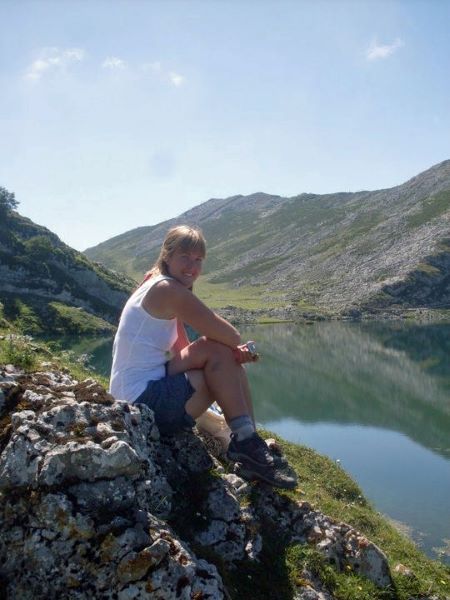
Dr Katy Stevens, EOG Head of CSR & Sustainability
How has this led to the creation of the Sustainability Charter and could you give us a brief summary of what the Charter’s about?
The EOG Sustainability Charter was created as a means to support companies in the outdoor industry on their sustainability journeys, to be certain that the sector as a whole takes sustainability seriously (and that it’s not just a ‘nice-to-have’ add on). It is also a way for us to know how we can practically support the industry and in what areas we can focus our energies.
The charter outlines the EOG’s understanding of what good corporate citizenship entails and is intended as a guidance and help for the voluntary journey towards sustainability that we encourage our members, and the outdoor sector at large, to undertake. The intention is to create tangible, continued progress towards sustainability on a voluntary basis.
The charter articulates a set of commitments that members are encouraged to make and outlines three progressive journey stages that will support and guide companies to drive the level of their sustainability engagement in a transparent, proactive, forward looking manner.
At the most basic level, we encourage: (a) implementation of the 10 UN Global Compact Principles; (b) demonstrable recognition that social, societal, and ecological well-being are essential; and (c) ask for conflicts to be resolved fairly and with mutual respect.
At the more advanced level we encourage: (a) effective management of the most material sustainability aspects; (b) effective self-monitoring and management; (c) constructive and collaborative participation in industry initiatives.
And finally, at the most advanced level, we encourage: (a) a holistic and integrated uptake of sustainability into governance, management and business procedures and processes, including the purchasing, sales, innovation process and product life-cycle management; and (b) we further encourage the measurement of progress and wide-reaching communication and transparency efforts.
The charter is a way for us to be sure that the industry takes sustainability seriously, but also, as a way for us to know how we can support the sector and in what areas we can focus our resources.
How can businesses utilise the ‘borrow-use-return’ approach for responsible use of resources?
If, as an industry, we want to utilise the borrow-use-return approach, then that can be approached through the increased use of recycled materials and strict practice around collection and recycling at the other end. However, I think we also need to consider that the necessary infrastructure to achieve this at full scale is not currently in place and while there are promising recycling technologies in development, the whole apparel industry (including fashion as well as outdoor/sportswear) is still only recycling a very small percentage of unwanted garments. On top of that is the fact that we are relying on the waste of another industry (packaging) to generate feedstock for the recycled materials that we buy.
As such, the borrow-use-return approach, while as a concept is still being refined, needs to be complemented with durability as a priority, as well as information, services and products that facilitate appropriate care and repair to prolong the lifetime of products.
Last year the EOG introduced the ‘Climate Action Programme’. Could you explain a bit about this? E.g., who it’s for, what it involves, ideas it presents…
The EOG introduced the ‘Climate Action Programme’ in response to global reports on climate change, the goals set out in the 2015 Paris Agreement and increasing consumer interest in sustainability. The programme supports EOG members in addressing the reduction of greenhouse gas emissions in their organisations and supply chains through a range of resources, including topic-specific guidance documents, signposts to online tools, and links to organisations where they can gather further information.
As part of this programme, we’ve also launched two spin-off projects. The first of those focuses on energy efficiency and decarbonisation in supply chains and aims to help brands to work collaboratively with their shared suppliers to improve energy efficiency, and potentially, to introduce the use of renewable energy within their production facilities. The second involves brands considering how they might work together to mitigate unnecessary emissions related to freight transport.
Most importantly, we’ve created a space where members can, and have been, asking each other questions, sharing experiences and engaging in peer-to-peer learning, and this has encouraged a feeling of openness, support and community among them. This is where we see a real opportunity for impact – we recognise quite clearly that many of our members are operating in the same supply chains, in some cases using the same factories, so industry collaboration can be incredibly valuable in achieving change.
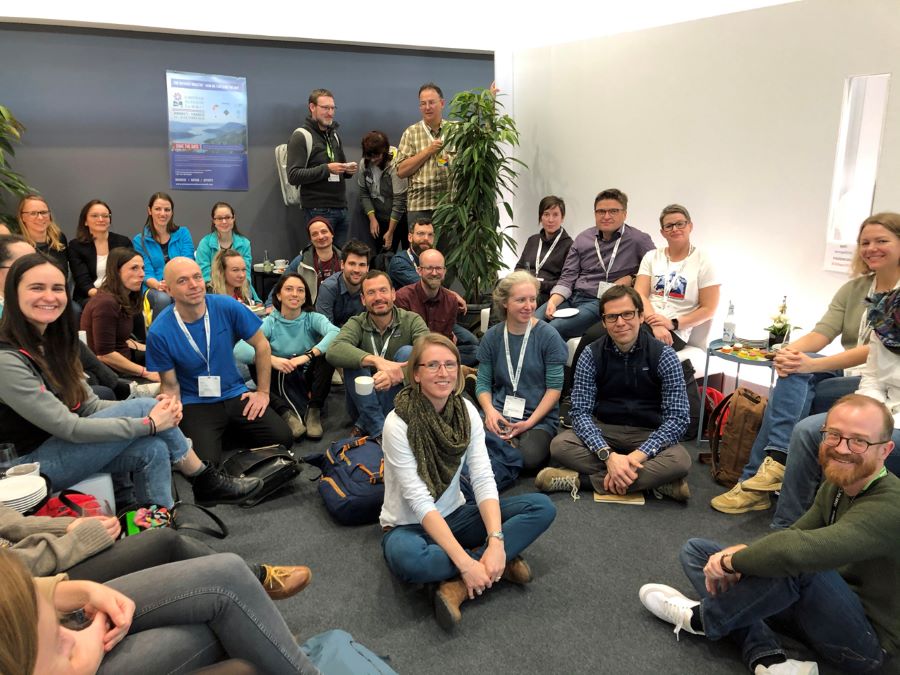
An EOG CSR meet and greet lunch during ISPO Munich 2020
Are there any new initiatives / projects in the pipeline for this year?
We have a lot going on this year, with the continuation of existing projects such as the Climate Action Programme work, as well as our dedicated workstream for the hard goods sector (think products made of metals, plastics, composites etc).
We have also recently started some dialogue around the retail sustainability standards that many retailers are starting to introduce, and how we can educate and help to streamline this process to reduce form filling fatigue.
We’re also hoping to focus on social aspects this year. I think, as many people in the industry are active in the outdoors, that protecting the environment is second nature to us as its very tangible. We’re surrounded by it often and so of course we want to look after the mountains and prevent plastic from spilling into the oceans, but the social aspects related to the workers within the supply chains are not always as obvious and we’d specifically like to address that.
Where can businesses go to become members, find guidance/ information/ support on sustainable practices?
There are so many great (and often free) resources on all aspects of sustainability and of course too many to list. However, I would say that the European Outdoor Group website is a great place to start (www.europeanoutdoorgroup.com). There, we share a number of original resources and reports that we develop in house, as well as links to relevant third-party organisations. Furthermore, our monthly newsletter (which you can sign up for here http://eepurl.com/cLG60z) contains industry relevant information, as well as links to interesting information or support from other organisations






